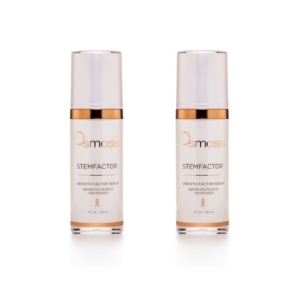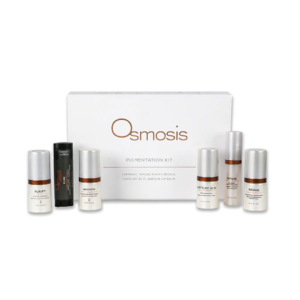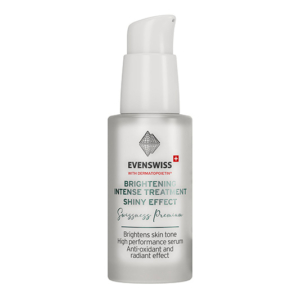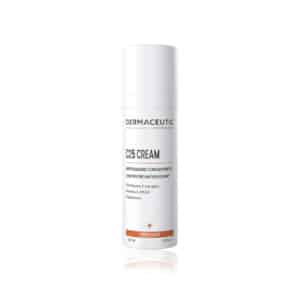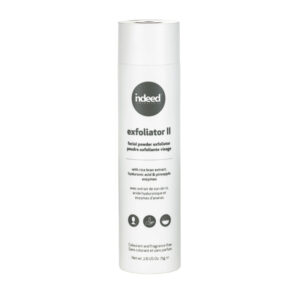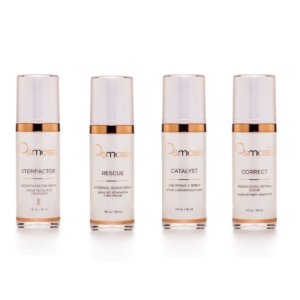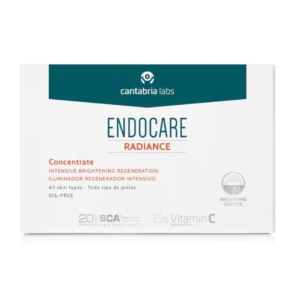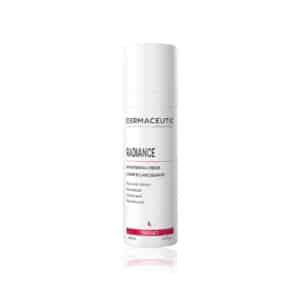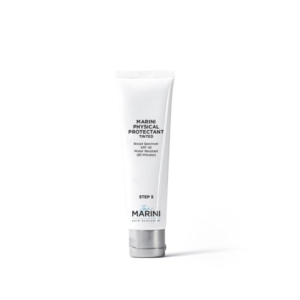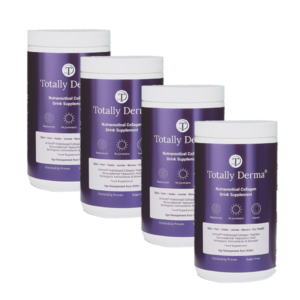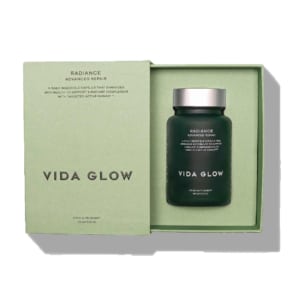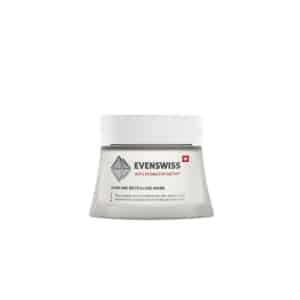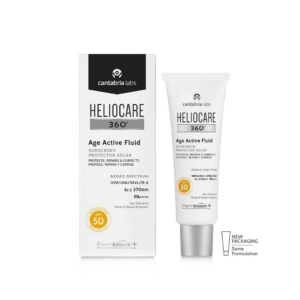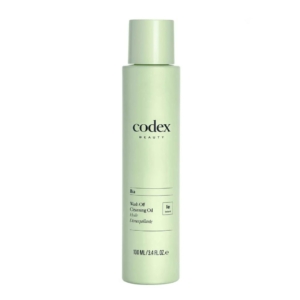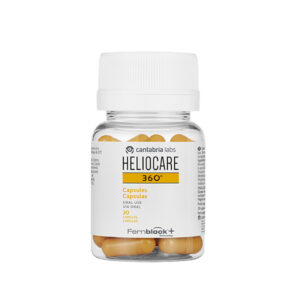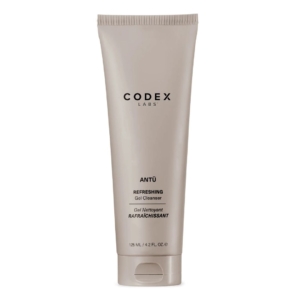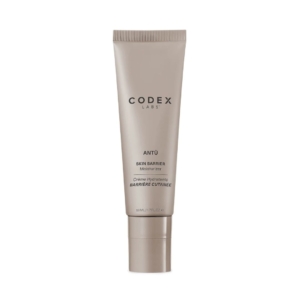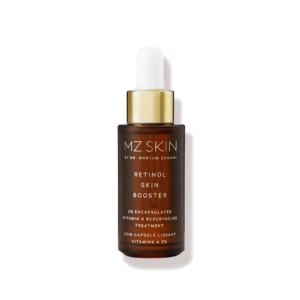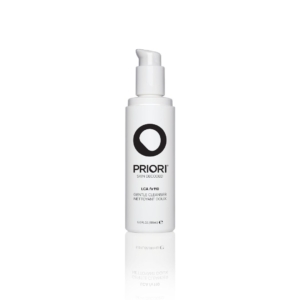Skincare for darker skin tones requires a different approach than skincare for lighter skin tones. This is because darker skin produces more melanin, which provides natural protection against the sun's harmful rays. However, this does not mean that darker skin is immune to sun damage or other skin conditions. In fact, darker skin can be more prone to hyperpigmentation and keloid scarring.
Additionally, darker skin tends to produce more sebum, which can lead to acne and other skin issues. When selecting skincare products, it is important to choose products that are specifically formulated for darker skin tones and take into account the unique needs and characteristics of this skin type.
Dermoi's in-house scientific team carefully selects and studies every skincare product and supplement on the platform to ensure that they are backed by extensive research and science. This means that you can trust the quality and effectiveness of every product and find those that give special attention to the needs of darker skin tones.
Darker Skin Tones have unique properties that differs from other skin tones.
Melanin production: Darker skin tones differ in the amount and type of melanin produced. Melanin is a pigment that gives color to the skin, and black skin has more melanin than white skin. The higher amount of melanin in black skin helps to protect it from the harmful effects of the sun, and makes it less susceptible to sunburn and skin cancer.
Sebum production: Black skin also tends to produce more sebum, the natural oil that helps to moisturize and protect the skin. This can make black skin more prone to acne and other skin conditions caused by excess oil.
Aging: While all skin tones undergo the aging process, black skin tends to show signs of aging later in life than lighter skin tones. This is because the higher levels of melanin in darker skin tones provide some protection against the harmful effects of the sun, which can cause premature aging.
Skin sensitivity: Black skin is generally less sensitive than white skin, and is less prone to irritation and allergic reactions. However, some skin conditions, such as keloid scarring and hyperpigmentation, are more common in black skin.
Overall, while dark and light skin tones share many similarities, there are also significant differences in terms of melanin production, sebum production, aging, and sensitivity. These differences can affect the way that skincare products work, and should be taken into account when selecting skincare products.
In addition, there are several skin conditions that are more common in black skin, including:
Post-inflammatory hyperpigmentation (PIH): PIH is a common condition in which areas of the skin darken after inflammation or injury. This can happen after acne, insect bites, or other skin conditions. PIH is more common in black skin because of the higher levels of melanin, which can lead to more pronounced darkening.
Keloid scarring: Keloids are raised, thickened areas of scar tissue that develop after an injury or surgery. Keloid scarring is more common in black skin, and can be more difficult to treat than in other skin types.
Acne: Dark skin tones are more prone to acne because of the higher levels of sebum production. However, acne can also be more severe and longer-lasting in black skin, and can lead to PIH.
Eczema: Eczema is a chronic skin condition that causes itching, redness, and scaling of the skin. It is more common in black skin, and can be triggered by factors such as dryness, stress, and allergies.
Vitiligo: Vitiligo is a condition in which the skin loses its pigmentation, leading to white patches on the skin. While vitiligo can affect people of all skin types, it is more noticeable in dark skin tones.
Melasma: Melasma is a condition in which brown patches develop on the skin, typically on the face. It is more common in women and in people with darker skin tones, including black skin.
Overall, while many skin conditions can affect people of all skin types, some conditions are more common or more noticeable in darker skin tones. This needs to be considered when selecting optimal skincare for dark skin tones.
Showing 22–42 of 91 results
